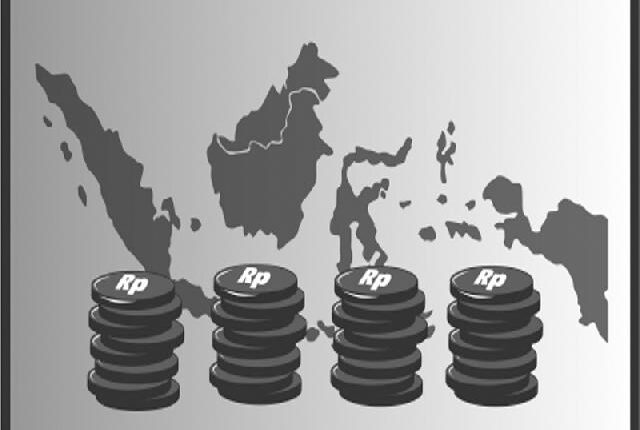12% VAT Becomes Government Strategy to Encourage Economic Equality
JAKARTA – The adjustment of Value Added Tax (VAT) from 11 percent to 12 percent which will be implemented starting January 1, 2025, is one of the government’s strategic steps to encourage economic equality. This policy is expected to strengthen state revenues without disrupting economic growth. According to Coordinating Minister for Economic Affairs Airlangga Hartarto, this policy will be followed by other supporting steps to maintain economic stability.
“The increase in VAT to 12 percent is part of the regulations that have been set out in the Law. When this policy is implemented, of course there will be various supporting tools that accompany it,” said Airlangga
He added that sectors such as food and basic necessities would be exempted from this increase, with the VAT borne by the government.
In the official statement of the Coordinating Ministry for Economic Affairs, this tariff adjustment is part of tax reform aimed at creating a fairer, more optimal and sustainable tax system. This policy is also expected to increase state revenues that will be used to fund various development programs.
“The increase in state revenue is expected to reduce dependence on foreign debt, especially to cover the budget deficit. This will contribute to maintaining long-term economic stability,” said the Coordinating Ministry for Economic Affairs.
Finance Minister Sri Mulyani Indrawati emphasized that this policy will not be postponed, despite criticism.
“This policy is a mandate from Law Number 7 of 2021 concerning Harmonization of Tax Regulations (UU HPP). Its implementation is carried out with good explanation, not blindly,” he said,
He also emphasized the importance of this policy to maintain the health of the State Budget (APBN).
However, the Executive Director of the Institute for Development of Economics and Finance (Indef) Esther Sri Astuti proposed another alternative to increase state revenue.
“The government can expand the tax base or attract new taxpayers. In addition, optimizing non-tax state revenues must also be considered,” he said.
Esther also suggested implementing a multi-tariff scheme for VAT, where basic necessities are subject to lower rates, while luxury goods are subject to higher rates. This kind of policy is considered to be able to provide balance for the community.
{}
